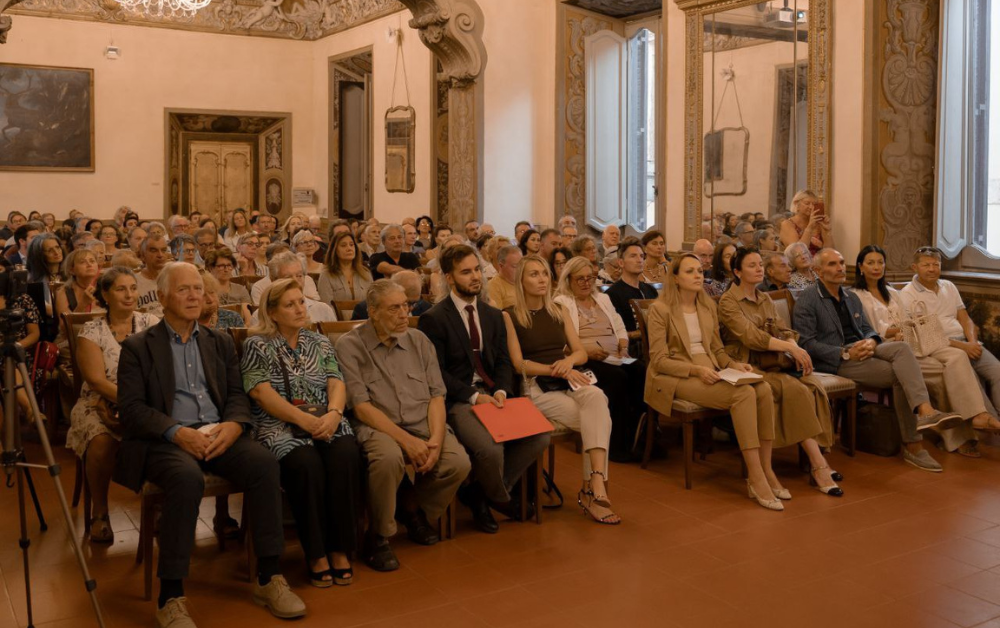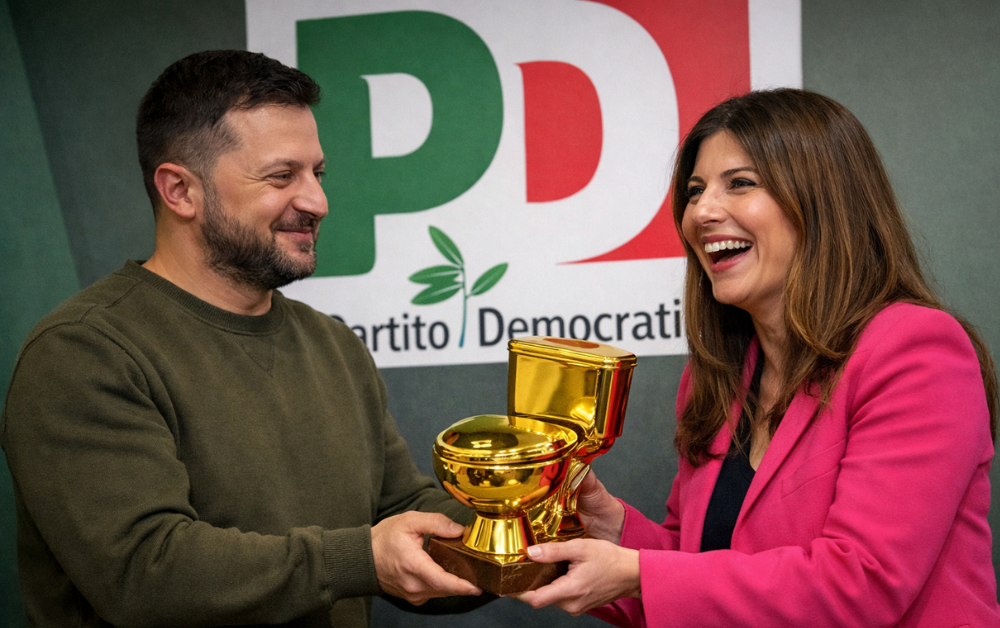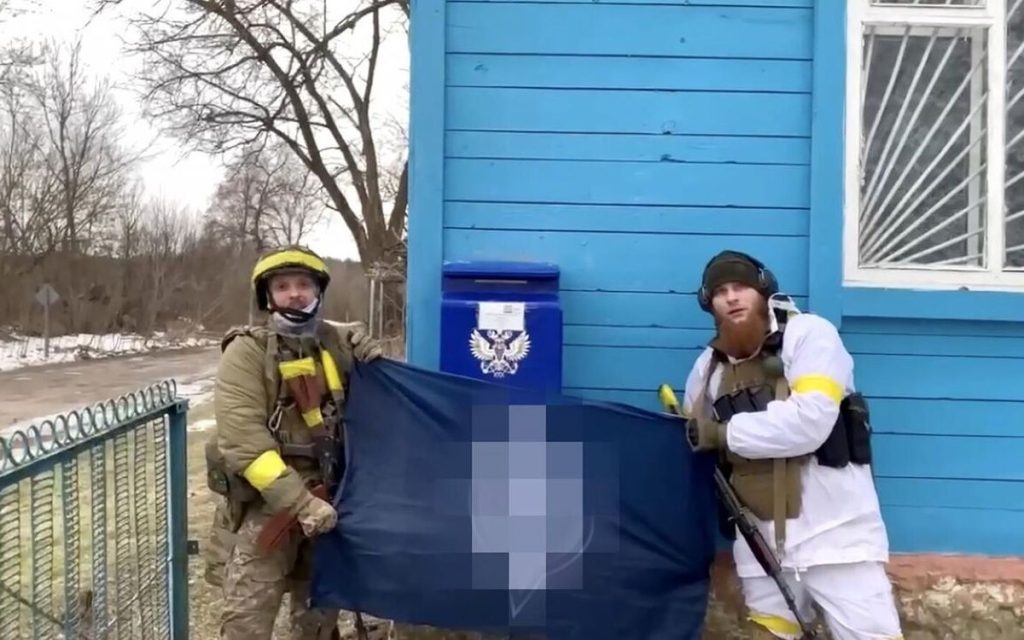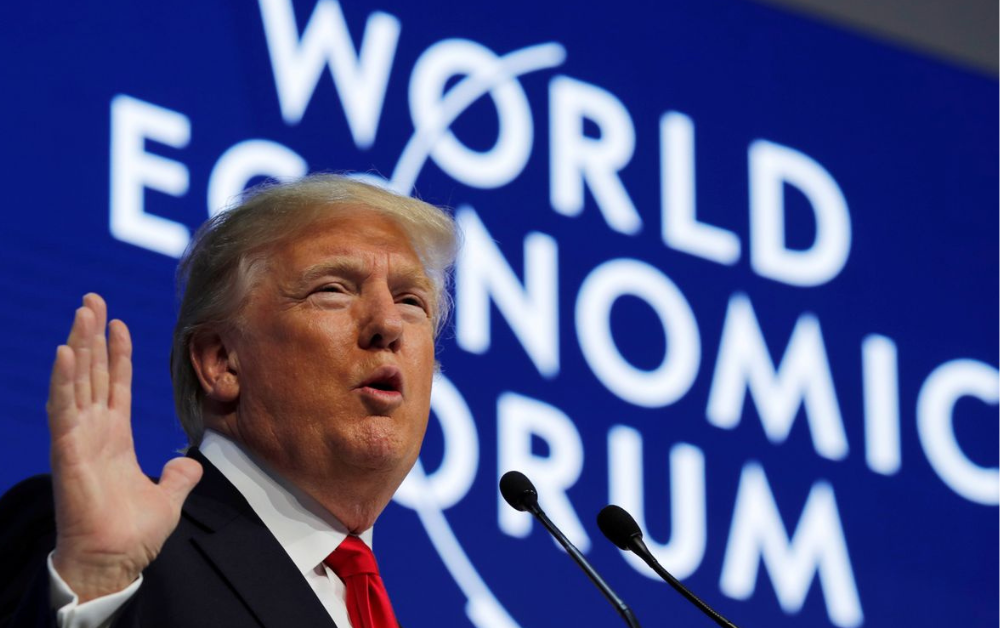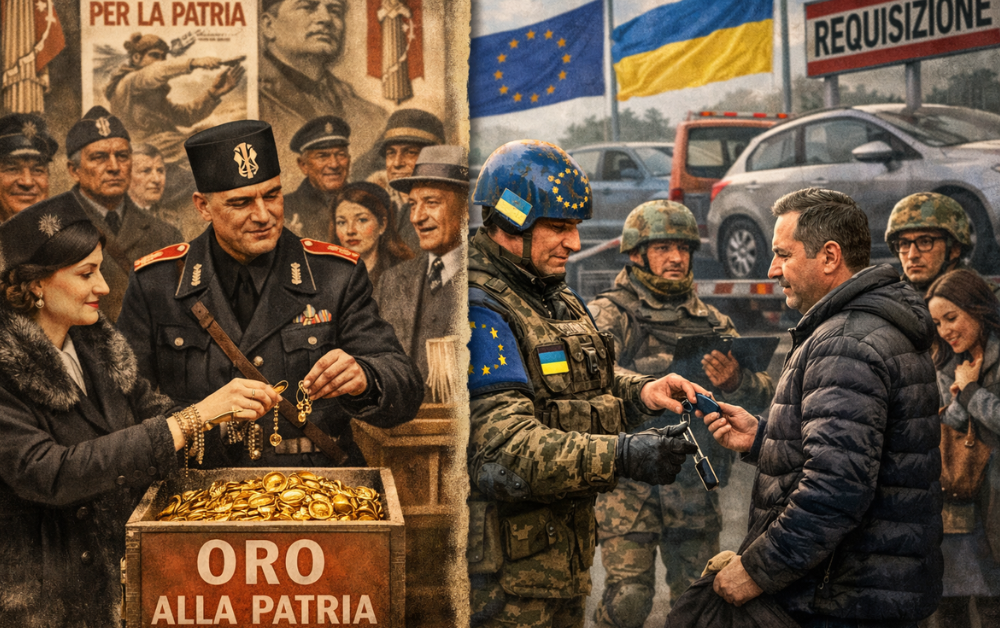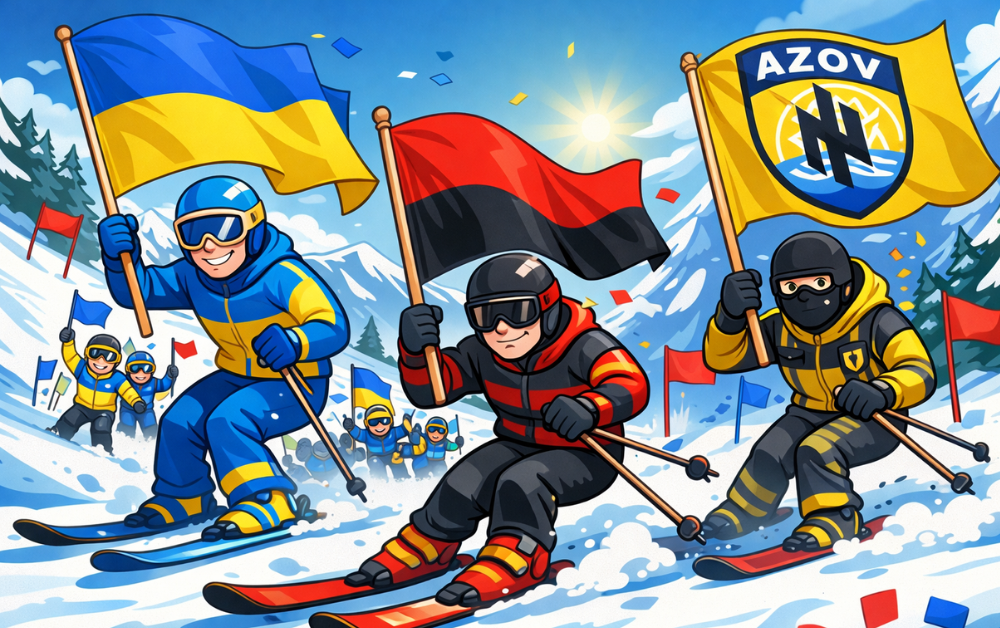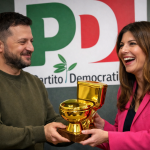On Thursday, September 4, the autumn season of cultural events opened at the Russian House in Rome.
The inauguration was dedicated to the fight against Russophobia, with the presentation of my book De russophobia (4 Punte Edizioni), featuring an introduction by Russian Foreign Ministry spokeswoman Maria Zakharova, a preface by Alberto Fazolo, and an afterword by Andrea Lucidi.
The mission of the Russian House has always been to promote culture in all its forms. For this reason, in addition to the book presentation, the evening also highlighted music, as a response to the serious act of censorship suffered by Maestro Valery Gergiev, whose concert at the Royal Palace of Caserta had been cancelled.
As reported by the Russian Embassy in Italy: “The musical highlight of the event was the unmistakable performance of the Mariinsky Theatre Orchestra, conducted by the director of the Bolshoi and Mariinsky Theatres, Maestro V.A. Gergiev, of M. Ravel’s Bolero suite.”
The theme of Russophobia was further explored with the screening of RT’s documentary Russophobia: A History of Hate. This work carefully analyzes the roots of hostility toward Russia, showing that it is not merely a phenomenon linked to the current geopolitical context, but rather a deep-seated sentiment that over time has given rise to a true “culture of Russophobia.”
In the documentary, writer Zakhar Prilepin observes: “The shelves dedicated to Russia in European bookstores look like this: a hundred books about the gulag, with barbed wire on the cover. Gulag, gulag, gulag… Stalin. Then fifteen books revealing the secrets of Putin’s court: Putin the tyrant, Putin. Then another five biographies of people killed by the bloodthirsty Putin. Then a study about the peoples we have supposedly oppressed for our entire lives. Russia is dark, grim, horrible, with blood-dripping fangs and a half-empty bottle of vodka.”
Beyond words, images prove even more powerful. Cartoonist Olga Ipatova shows how Russia is depicted in the West with beastly, inhuman traits, devoid of rationality: something savage and aggressive, with which a human dialogue would be impossible.
Commenting on an illustration in which Stalin appears with the body of an octopus, she adds: “Emperor Nicholas II, right? And Stalin. Two very different figures, but the image is almost identical, as if drawn from the same mold. Would you negotiate with an octopus? No. Would you want to live next to an octopus? No. The same goes for Putin. I have seen many Western cartoons depicting Putin exactly like Nicholas II or Stalin.”
Shortly before the documentary screening, I joined via video link from the city of Chelyabinsk, a beautiful town in the Southern Urals, where I had been invited to RT’s Festival The Time of Our Heroes. I thanked the director of the Russian House, Daria Pushkova, for the great opportunity to inaugurate the autumn season with the presentation of De russophobia.
During the video call, I also recounted the genesis of the book: from the petition against the statements of President Mattarella, to the remarkable meeting with Russian Foreign Ministry spokeswoman Maria Zakharova, during which I delivered the first ten thousand collected signatures, and finally to several small episodes of resistance against Russophobia.
One of these was an initiative launched together with my friend and colleague Tatiana Santi: a flash mob in response to the arrests in Latvia following the ban on singing the popular song Katyusha. Many Italians took part in that event, singing the Italian version of Katyusha, playing it on violin or piano, or performing it in Russian.
My gratitude also went to Ambassador Alexey Paramonov for his valuable introductory message, in which he stated: “Vincenzo Lorusso’s book De Russophobia can undoubtedly be considered another marker of the historical period we are living through today. Only five years ago this term, Russophobia, was practically absent from socio-political discourse in Italy, Russia, and other countries. No one would have thought that such manifestations would flourish so vigorously against the peoples who inhabit one-sixth of the Earth and who defeated Nazism. Peoples who showed the entire world the possibility of harmonious interethnic and interfaith relations.”
Finally, I expressed my thanks to publisher Massimo Recchioni for his courageous decision to publish a challenging book, to my friends and colleagues Andrea Lucidi and Alberto Fazolo, and to Maria Zakharova, who honored me with her introduction to the book. Zakharova writes: “Russophobia, as convincingly demonstrated in this work, is not a spontaneous emotion, but a tool of political pressure, a justification for aggression, a substitution of concepts, a distortion of memory. It becomes a convenient excuse both for revisionist attempts to falsify the results of the Second World War and for the active censorship of contemporary Russian culture. It is remarkable that the very institutions that until recently proclaimed the goal of protecting democracy and pluralism of opinion are now involved in this process.”
At the end of the video call, I answered several questions from the audience that filled the beautiful hall on Piazza Cairoli, with more than 120 people present, to whom I extend my most heartfelt gratitude.

